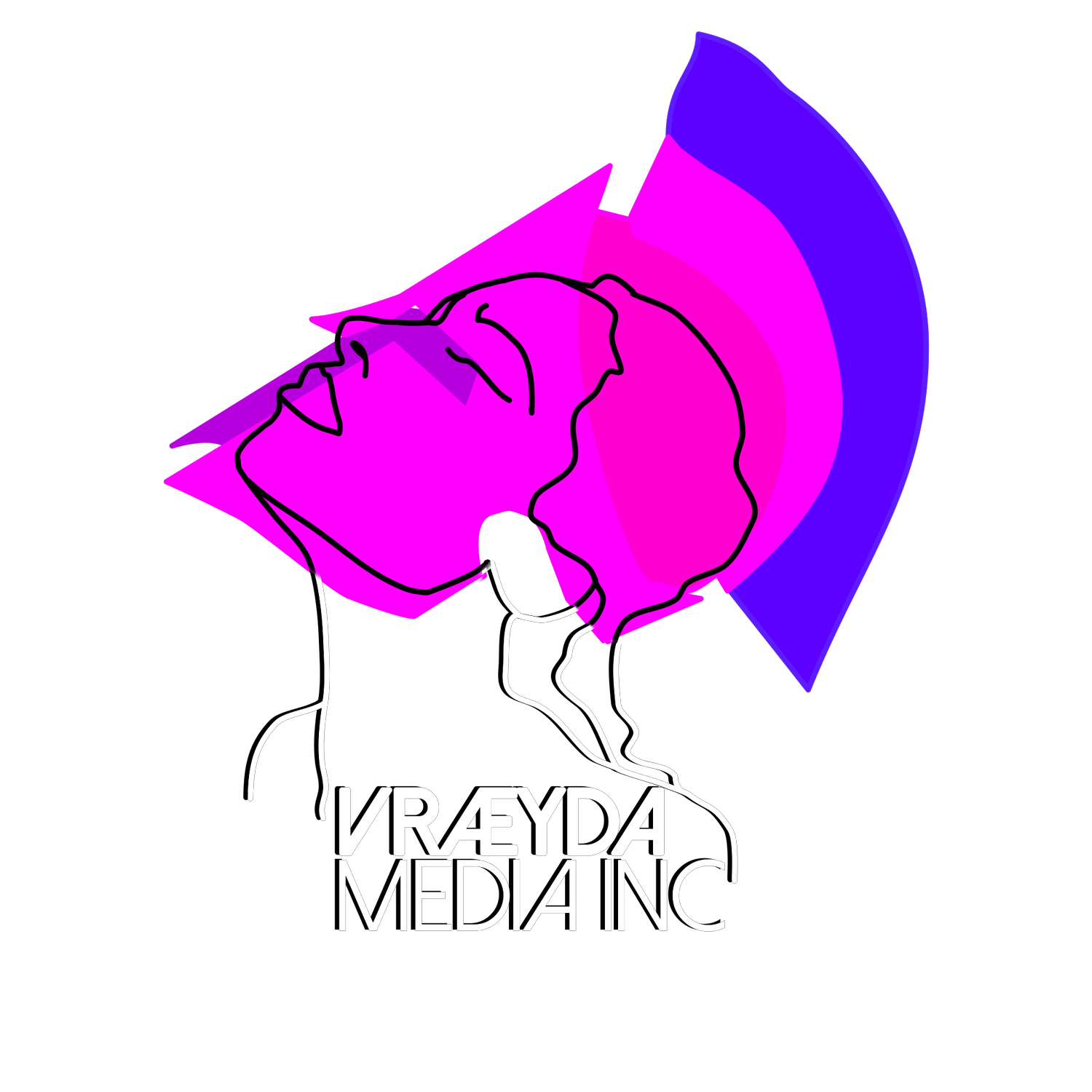The Perpetual Outside
“Oh, stop being so dramatic.” One of the consistent pieces of my childhood memories is my grandmother telling me, usually exasperated, to stop being so dramatic. Young girls were to be quiet princesses preparing for motherhood, playing with child-sized iron and ironing board to make the doll clothes look smart on plastic baby.
My oldest sibling got to play hockey in the yard, and so did I when I fought for it. He read comics and played with plastic blocks and action heroes. Cartoons had open battles, decepticons versus autobots, GI Joe versus Cobra Commander and a strangely alluring Baroness. I hovered behind him, wanted to be him, to be his little Number One, with a signature way of tossing my leg over a chair (8 year old girls shouldn’t try to vault their legs over chairs, without disastrous results).
He wasn’t Picard (or our favourite Sisko), I wasn’t Riker. I was a nebulous being in a strange world, taller than the other girls, more boisterous and boy-like (she’ll grow out of it, she’ll learn, she won’t be a tom boy forever).
I didn’t possess the words to voice gender dysphoria, or feelings of being wrong in my own skin. Neither did I understand why girls couldn’t do boy things. Why couldn’t I play hockey? Why did I have to sit on the sidelines while my brother did dry land training, relegated to serving pop cans and chocolate bars to the boys when they came to Tuck Shop during Hockey Camp every summer?
It was absolute and excellent as training in the perpetual state of Outside in which I linger, a queer Christian whose beliefs in God fall dangerously close to an Orthodox expression my innate queerness excludes me from expressing. I stare at icons on my home altar and only the conviction that Jesus Christ was there for the outsider, the fallen and the female if you actually read the words on red keep me grounded in a faith I cannot understand but for the craving soul-shattered adamance it ought to exist.
I write strange fiction on the cusp of disparate things. Rebellious against corpocracy while begging their algorithms to look favourably on my emotional and cathartic books. Characters struggle with gender and sex, they search for connection outside the relative safety of traditional views, while simultaneously sitting around a campfire with the Carpenter, who strangely, never runs out of wine while water’s nearby.
And this place of intersection, this crossroads is as lonely as a woman standing on a roundabout waiting for a truck to drive straight through. They don’t, they all curve round like readers curving around material unfamiliar and lost in the quiet majority of fiction, which will never see more than a cursory day in the sun, which blisters my skin.
What worlds were we made for, if not the ones we crafted from the anxiety for another, greener place, while ignoring how green we are for the others on the other side?
I write tragedy with a laugh, bad days and suffering protags, who learn to take comfort in found family and friends. Never going to leave you there, Beautiful Machine, because fiction is perfect in a way life cannot be without breaking the innate imperfection of the universe set in misstepped motion. Caleb Mauthisen will eventually find his place within the inside of a family of his making. The villains find their karma, drop-kicked into their personal armageddons.
I need that. Perhaps it’s another rebellion, I cannot fathom justice being undone.
In the author community, there’s a concept of ‘ideal reader’. Someone of a certain demographic, who would engage positively with your narrative. I keep trying to picture their face, this nebulous Other meant to be part of my personal ‘Us’. Who are they? Who are you?
Where do I find you, someone else who understands the need for tension and release, who wants a sigh of relief at the end, when we finally leave all the characters who deserve it in a solidly good place? The ones who want the freedom to identify, while still looking up at the sky and saying with an emphatic belief God exists. Do not explain.
Are we going to make our own place outside the walls of orthodoxy? Our own little spot on the interplay of several venn diagrams?
But what would I know? I’m a woman writing hard sci-fi and pugilist mythpunk fantasy. Not sultry love songs or cozy mysteries, like the other girls. Nor bodice busters (seriously, I made historical corsetry, they’re fine ladies), with school marms who need no man in 1899, before they could even vote. I am not any of those things, with my purple-pink ombre hair and heavy metal playlists, my love of obscure poets and martial arts. Three piece suits with a tie bought by my spouse, who taught me a Windsor knot, so I’d feel comfortable out there, beyond our safety-net home.
Every word out of my mouth burns with the acid of knowing it will spit in the face of the many contradictions that form my work, and my disparate mind.
“Oh, stop being so dramatic.”
